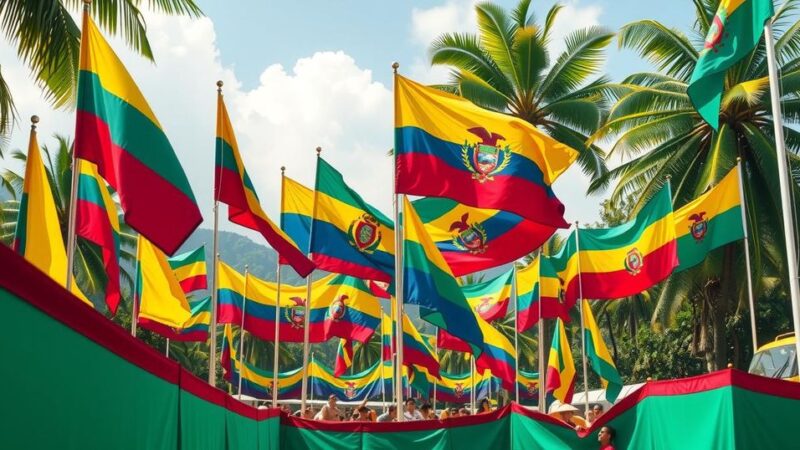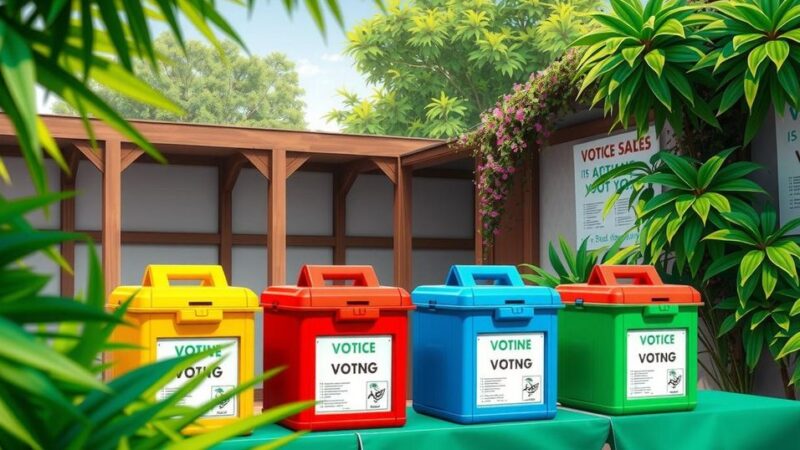ZimParks has retained the fishing ban at Lake Chivero pending investigations into water contamination that led to numerous animal deaths. The contamination is linked to industrial waste from Harare. Research on biological remediation techniques is underway to rehabilitate the lake’s environment.
The Zimbabwe Parks and Wildlife Management Authority (ZimParks) has announced that the fishing ban at Lake Chivero will remain in effect until thorough investigations are completed. This ban was implemented last December following alarming incidents where four white rhinos, three zebras, and numerous other animals succumbed after drinking contaminated water from the lake.
Environmental advocates attributed the contamination to untreated sewage and industrial waste from residential and commercial sources in Harare. Despite improvements in aquatic conditions due to recent rains clearing algae, ZimParks’ spokesman, Mr. Tinashe Farawo, emphasized that the fishing ban persists as they await further test results from the investigation.
The ecosystem at Lake Chivero has suffered from severe pollution, overfishing, and harmful fishing methods, leading to significant harm to aquatic species and their habitats. In conjunction with the fishing ban, research is ongoing to develop biological remediation strategies, including utilizing effective microorganisms for rehabilitating polluted areas within the lake.
Lake Chivero, originally known as Lake McIlwaine, was established in 1952 to supply water to Harare. The preservation of its ecosystem is of paramount importance to maintain the health of its aquatic life.
In conclusion, the fishing ban at Lake Chivero remains enforced as investigations into severe contamination and its effects on wildlife proceed. Environmental concerns stemming from pollution have prompted ZimParks to implement measures for rehabilitation while assessing the lake’s ecosystem. The ongoing efforts highlight the importance of maintaining the aquatic environment in Lake Chivero and ensuring the safety of its resources.
Original Source: allafrica.com






